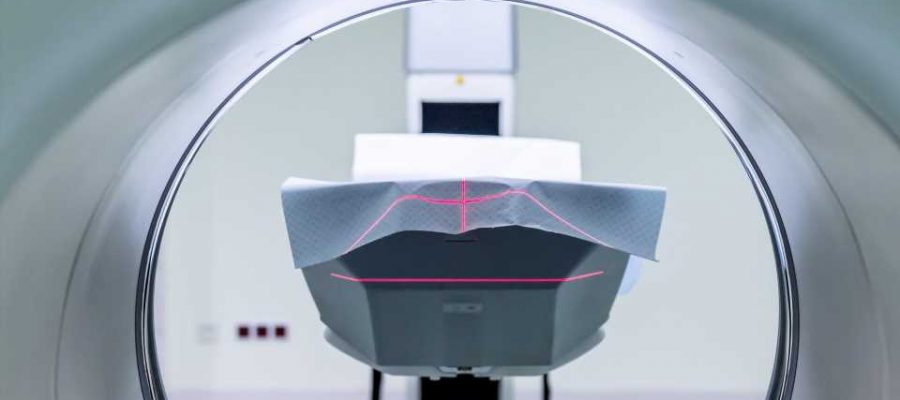
Neurological soft signs (NSS) are one of the most important biomarkers for schizophrenia. These signs mainly cover motor coordination, disinhibition, and sensory integration domains, and have been found to be associated with clinical symptoms, cognitive deficits, and prognosis in patients with schizophrenia spectrum disorders. Investigating the neural mechanisms of NSS in schizophrenia would help our understanding of the psychopathology of schizophrenia.
However, the majority of neuroimaging studies have mainly focused on the associations between NSS and brain structural changes in schizophrenia. The underlying functional connectivity (FC), especially for task-based functional connectivity of NSS in this clinical group, is still not fully known. The most recent empirical findings in animals have also suggested that glutamatergic dysfunction is associated with NSS in schizophrenia. However, the associations between brain glutamate levels and NSS in patients remain unclear.
To bridge this gap, Dr. Raymond Chan’s team from the Neuropsychology and Applied Cognitive Neuroscience (NACN) Laboratory and CAS Key Laboratory of Mental Health, Institute of Psychology, Chinese Academy of Sciences and his international collaborators have conducted a study to specifically examine whether anterior cingulate cortex (ACC) glutamate levels would be correlated with the severity of sensory integration behavioral deficits in schizophrenia patients. Moreover, they also examined whether ACC glutamate levels would be associated with the brain activation and ACC-based FC differently in schizophrenia patients and healthy individuals under the sensory integration fMRI task.
They recruited 50 schizophrenia patients and 43 healthy controls to undergo magnetic resonance spectroscopy (MRS) measuring the ACC glutamate levels. All participants also completed behavioral assessments for sensory integration. A subsample of 20 pairs of patients and controls further completed an audiovisual sensory integration functional magnetic resonance imaging (fMRI) task.
Their findings showed that schizophrenia patients exhibited impaired sensory integration which was positively correlated with ACC glutamate levels.
Multimodal analyses showed significantly group-by-glutamate-level interaction effects as well as task-dependent FC in a cortico-subcortical-cortical network, including medial frontal gyrus, precuneus, ACC, middle cingulate gyrus, thalamus and caudate, with positive correlations in patients and negative in controls.
“These findings suggest that ACC glutamate influences neural activities in a large-scale network during sensory integration, but the effects have opposite directionality between schizophrenia patients and healthy people,” said Chan.
This difference in directionality of effects may be putative neurobiological origin of sensory integration deficits in schizophrenia and the psychopathology of the disease.
Dr. Chan’s team is planning to examine whether these findings are specific to schizophrenia spectrum disorders or shared by other psychiatric disorders such as major depressive disorder and bipolar disorders. These findings will help develop and guide precision psychiatry for early identification and intervention, according to him.
Source: Read Full Article
